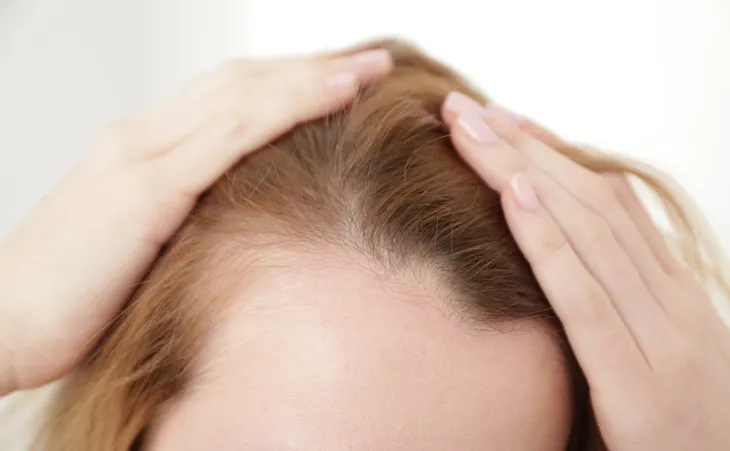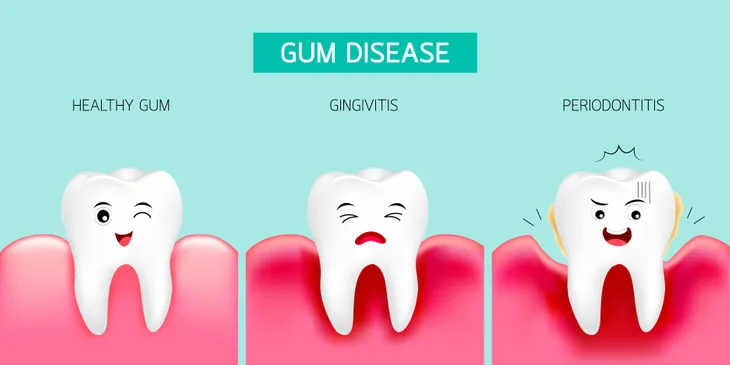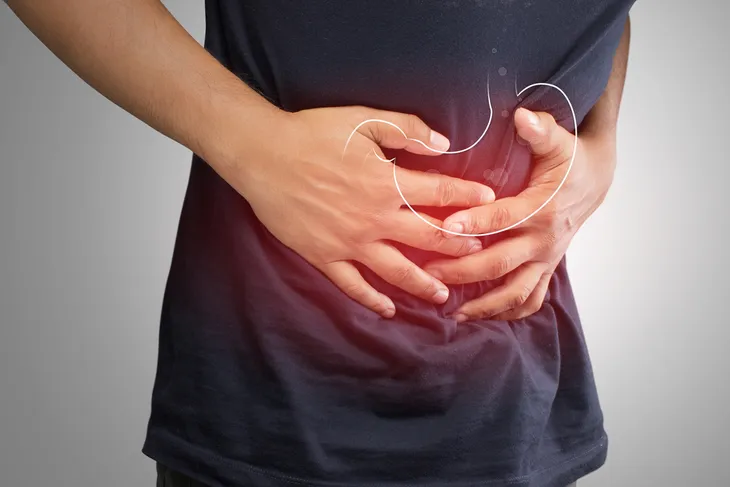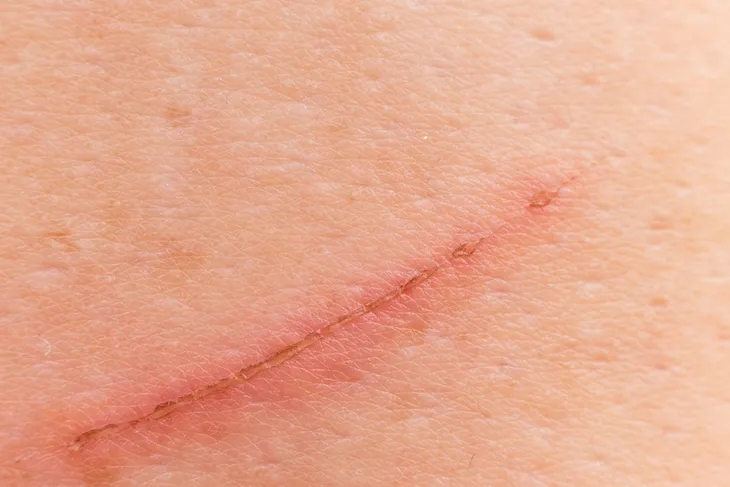There are many ways we can do harm to our bodies, for instance eating high-fat, high-calorie processed foods, smoking tobacco, or drinking alcohol to excess. But does the body have any way to tell us that we’re hurting it with our negative habits? And if so, what are the prominent signs?
If you’re leading an unhealthy lifestyle, chances are your body is trying to send warning signs that danger lies ahead. If you’re experiencing some of the following symptoms, it may be time to see your doctor, change your habits, or both…
Damaged Hair
Some people have naturally lush, beautiful hair. Others aren’t so lucky. But having great hair isn’t just about your genes. It can also have a lot to do with the things you put in your body, according to research from WebMD.
In fact, one of the first things to suffer from a poor diet is the hair follicles. Starvation diets can result in a protein deficiency, which can be seen in stringy, straw-like hair. This can also be the result of a diet low in essential fatty acids, vitamin C, zinc, and iron.
Wrinkles
We all get wrinkles, like death, they’re fairly inevitable. But we can control how early our skin starts to show signs of age by eating well and avoiding bad habits, like smoking alcohol on a regular basis.
According to research from Oregon State University, the best way to keep your skin looking healthy is to eat foods that are high in vitamins A, C, and D and antioxidants like flavonoids and carotenoids. It’s also a good idea to consume at least 5 servings of fruits and vegetables in a day, while applying natural or artificial moisturizers.
Bad Teeth and Gums
If you’ve developed a case of bleeding gums or battered, painful teeth, there’s a good chance you’re going something rather terrible to your body. Smoking, eating the wrong foods, and drinking too much alcohol can all have an adverse effect on oral health.
While smoking can present major problems for the teeth, sugar is still the primary culprit. Consuming too much sugar, which is often caused by imbibing large amounts of soda, can wear away the enamel on the teeth, exposing them to decay and pain, claims the Wisconsin Dental Association. Avoid these beverages and increase your intake of vitamin C, which can help heal swollen and bleeding gums.
Rapid Weight Loss/Weight Gain
If you’ve begun an aggressive regimen consisting of doctor-approved diet and exercise, it’s absolutely phenomenal to see substantial weight loss. However, rarely is weight gain greeted by cheers and we should be equally concerned about weight loss that’s not the result of forward-thinking lifestyle changes.
Unintentional weight loss is often the result of malnutrition, which can be brought on by several different diseases. Weight loss can also be a side effect of using illegal and highly damaging drugs, including heroin and crystal meth. Meanwhile, rapid and dangerous weight gain can be the result of binging on high-calorie, high-fat foods barren of important nutrients.
Gastrointestinal Problems
If you’re constantly in discomfort following a meal, meaning you feel indigestion, upset stomach, diarrhea, or constipation, it can be a sign that you’re doing your body harm.
This problem could be the result of a problematic diet, starting with an insufficient supply of fiber. It’s recommended men get about 38-grams of fiber each day, with women getting about 25, according to the Institute of Medicine. Of course, a diet high in acidic, spicy, or highly-processed foods could also present digestive problems.
Constantly Getting Sick
If it feels like you just can’t do anything to get healthy, it might be time to re-evaluate your lifestyle choices. This should start with a careful examination of your diet, followed by a close look at your exercise regimen and sleep schedule.
Simply put, eating poorly, failing to get sufficient exercise, and disregarding the standard recommendation that one get about 7- to 8-hours of sleep each night can have hugely negative consequences for the body and particularly its immune system.
Wounds Heal Slowly
Puzzled by that minor wound that just won’t seem to heal? You may have your diet to blame. If it feels like your body is in slow motion when it comes to healing minor cuts and bruises, it’s possible you’re not getting the nutrients your body needs to fight these problems, says the Cleveland Clinic.
If that’s the case for you, try to eat less high-calorie, high-fat foods that lack essential fatty acids and important vitamins, from vitamin A and B12 to vitamin C. Be sure that the foods you’re eating aren’t just empty calories that offer your body nothing it can use to heal wounds.
Foggy Brain
Ever struggled to answer a really simple question and can’t figure out why? The answer could simply be a lack of sleep or preoccupation with another, more important life matter. Or, you could be doing some damage to your body and it’s trying to warn you that things just aren’t right.
Foggy memory and struggles with concentrating are actually two major signs that the body isn’t getting the nutrition it needs. Like the other parts of the body (including the heart, lungs, and intestines) the brain needs certain nutrients, like omega-3 fatty acids, to function at its best, according to studies from the University of Maryland Medical Center.











